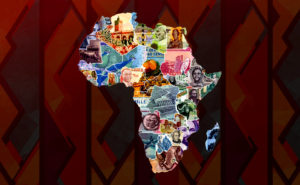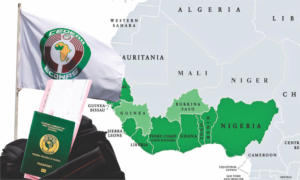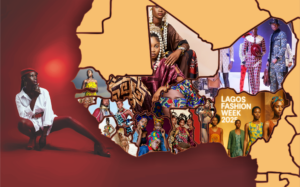Nigeria in Transition, Adapting to a Harsher Global Order: Markets Rise, Policies Tighten and People Brace-up
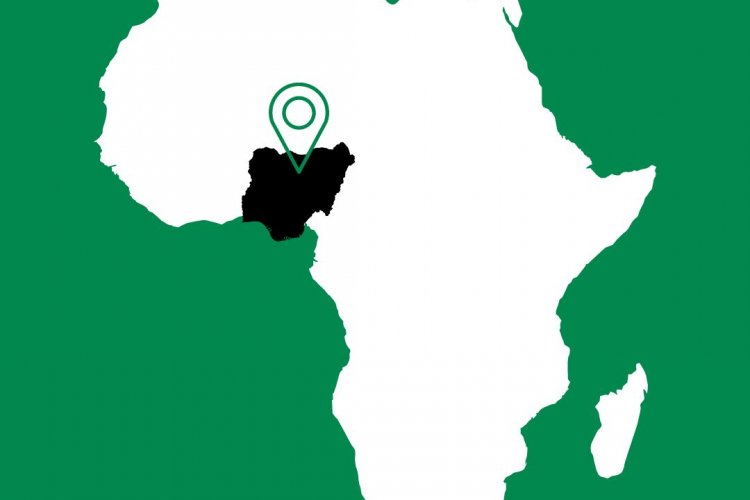
In a week when global markets jostled for balance and economies wrestled with uncertainty, Nigeria stood at the crossroads of reform, resilience, and recalibration. From the buzzing trading floors of Lagos to the quiet policy chambers in Abuja, and even the homes of families recalculating budgets in a volatile economy, one theme echoed: transformation is here, ready or not.
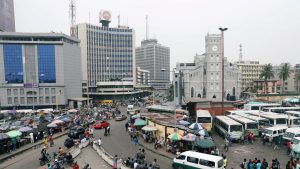
Markets Find Their Rhythm Amid Uncertainty: Nigeria’s equities market sustained its upward momentum as investors gained ₦109.46 billion, nudging the NGX All-Share Index (NGXASI) up 0.12%. Market capitalization swelled to ₦92.03 trillion, with a 40.87% year-to-date return, underscoring investor confidence despite macroeconomic headwinds.
While CORNERST Insurance led the gainers, LIVINGTRUST bore the week’s losses. Yet the story behind the numbers is bigger: for many local investors, the stock market has become both a hedge against inflation and a fragile symbol of hope that Nigeria’s economy can still produce growth stories amid hardship.
On the currency front, the Bureau De Change (BDC) rate held steady at ₦1,490 per dollar, suggesting a fragile truce between market forces and monetary policy.
Globally, markets painted a more anxious picture. On Wall Street, U.S. stocks retreated from record highs as economic data dried up due to a government shutdown. Meanwhile, S&P Global unveiled a Top 50 Crypto Index, a daring blend of digital assets and traditional equities—perhaps signaling that even the old guard of finance can no longer ignore the blockchain revolution.
Back home, the Central Bank of Nigeria (CBN) announced plans to take full control of the fixed income market by December 1st, a move that will consolidate trading and settlement functions under its watch. Analysts say this could intensify transparency, but also concentrate power in the apex bank at a sensitive time.
Economy – Reform Meets Reality: Nigeria’s external reserves remain resilient even as debt service payments climbed 68% in August to $302.3 million. For households already stretched by inflation, fuel costs, and unemployment, these numbers often feel distant—yet they shape everything from school fees to food prices.
President Bola Tinubu declined to sign two bills passed by the National Assembly, citing fiscal risks that could encourage wasteful spending. Instead, he approved two new police laws, signaling both a pragmatic fiscal conservatism and a nod to Nigeria’s security challenges.
In the power sector, Minister Adebayo Adelabu warned that the federal government will revoke licences of underperforming DisCos by 2028, while the Nigerian Electricity Regulatory Commission (NERC) reported that DisCos collected ₦564.7 billion of the ₦742 billion billed in Q2. The data reflects gradual improvement—but consumers still face erratic supply and rising tariffs.
Meanwhile, the African Development Bank (AfDB) approved a fresh $500 million loan to bolster Nigeria’s fiscal reforms—a move that underlines international confidence but also reignites domestic debate about the nation’s growing debt profile.
And in a bid for tighter fiscal discipline, Finance Minister Wale Edun announced that all federal funds will now be supervised by the CBN. Proponents call it a “transparency revolution”; critics fear over-centralization.
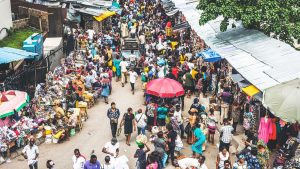
Regulators Firm-up as Governance Tightens: The CBN made headlines with a ₦20 million fine on Point-of-Sale (PoS) operators who change ownership structures without regulatory consent—a signal of stricter compliance expectations across Nigeria’s fast-growing fintech and informal sectors.
In contrast, the Federal Competition and Consumer Protection Commission (FCCPC) opted for conciliation, withdrawing criminal charges against MultiChoice Nigeria after an out-of-court settlement over pricing disputes. For millions of Nigerian families who rely on cable TV for daily entertainment, the move offers a quiet sigh of relief—if not yet cheaper bills.
Business and Borders: Across the Atlantic, U.S. President Donald Trump pledged “trade fairness” with Canada but stayed noncommittal on revamping the USMCA deal. At home in Europe, ECB President Christine Lagarde voiced hopes that France will soon resolve its budget impasse, while JPMorgan’s Jamie Dimon supported easing quarterly reporting burdens on US firms; a debate with echoes in Nigerian boardrooms where regulatory paperwork can stifle innovation.
Closer to home, Ogun State entered the aviation map as Governor Dapo Abiodun inaugurated the first commercial flight at Gateway International Airport, a milestone for regional connectivity and local business confidence.
Technology and the Future of Work: In a sign that Nigeria’s digital economy is stirring again, mobile subscriptions surged 7.56% year-on-year in August, reaching 171.57 million, according to the NCC. The rebound, after a sluggish 2024, suggests that connectivity remains a vital economic lifeline, from traders running WhatsApp shops to families staying in touch across borders.
Elsewhere in Africa, Egypt’s Tagaddod raised $26.3 million to expand its cleantech footprint, and Rwanda approved its first private coding academy, formalizing a future where technology is no longer a luxury skill, but a national asset.
Nigeria, too, may be on the verge of a digital breakthrough: the House of Representatives is reviewing a bill to integrate cryptocurrency into the economy. For a country where crypto has become a refuge for young entrepreneurs and middle-class savers, formal recognition could mark a generational shift in how Nigerians store and grow wealth.
Fintech and the Future: And as anticipation builds for Nigeria Fintech Week 2025, themed “The Fintech Ecosystem Symphony: Orchestrating Nigeria’s Digital Future,” the country’s innovators, regulators, and investors prepare for dialogue. From Lagos’ tech hubs to Abuja’s policy circles, all eyes are on how fintech can balance regulation with innovation, profit with purpose, and inclusion with integrity.
Beneath the policy pronouncements, market charts and economic jargon, lies a very human story: families recalibrating dreams in real time, businesses adapting to a harsher global order, and policymakers attempting to steady a ship battered by inflation, debt and hope. Regardless, the people ultimately live the reality.



